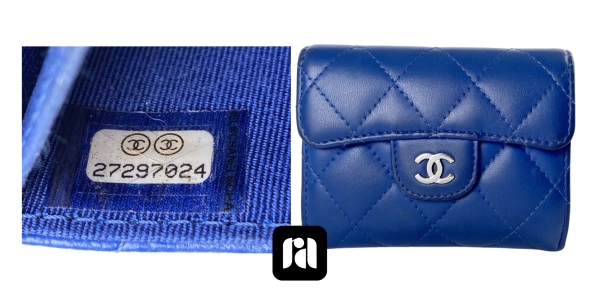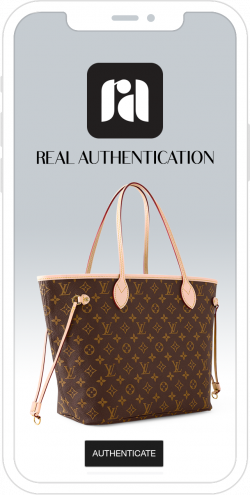CHECK YOUR CHANEL SERIAL CODE
ON THE REAL AUTHENTICATION CHANEL SERIAL CODE CHECKER
Did you know you can find out the age of your Chanel handbag or wallet by the serial number located inside the item? A vital part of the authentication process is reviewing the Serial Code. Use our Free Chanel Serial Code Checker to review the code and learn more about your Chanel bag.
INSTRUCTIONS: Enter the Serial Code in the field below and click “Submit.” Do not include spaces. Note: This serial code checker is in beta testing mode. If you would like to verify your results, you can use the information about serial code formatting on this page or submit your item for an authentication and certification here.
Disclaimer: This checker is not an official determination. Please note that a verified Serial Code does not guarantee the item is indeed authentic. Even counterfeit items can be stamped with genuine Serial Codes. For an official determination, we recommend authenticating your item here.
Real Authentication Chanel Serial Code Example:

DISCLAIMER: Real Authentication is a 3rd party authentication service and is in no way affiliated with the brands it services.
50% OFF YOUR NEXT ORDER, ON US!
Enter your email to instantly reveal your discount code. Disclaimer: This is a 1-time use code.
Authenticate Chanel with Real Authentication
Real Authentication is a top-tier online authentication service specializing in verifying luxury goods, particularly Chanel products. Our authentication specialists utilize cutting-edge technology and the Intelascan™ to ensure authenticity, delivering a dependable and effective service. Our online authentication service for designer items assures you of reliability and efficiency. Upon completing your order, you will receive email notifications indicating whether the product is deemed ‘Authentic’ or ‘Counterfeit.’
Our Online Luxury Goods Authentication Service
Real Authentication stands out as the leading online authentication service for luxury items, offering efficient authentication services for top brands like Chanel. Our authentication specialists utilize cutting-edge technology and methods to deliver a secure and guaranteed luxury goods authentication service through our protected platform. Trust Real Authentication for all your online luxury goods authentication requirements and benefit from the assurance provided by our trusted authentication professionals. Authenticate your genuine luxury items with us today.
LEARN MORE ABOUT CHANEL AUTHENTICATION: SERIAL CODES
Your Chanel bag will come with a serial number, so remember to check it before making a purchase. Serial stickers were initially introduced in 1986 but were later replaced with metal serial plates in 2021.
Want to learn more about Chanel Serial Codes? Click the button below to learn how to read the serial codes and more.
Here at Real Authentication, We Authenticate Chanel:
– Chanel Handbags
– Chanel Watches
– Chanel Clothing
– Chanel Wallets
– Chanel Menswear
– Chanel Accessories
– Chanel Eyewear
Is My Chanel Fake?
Authentication experts advise both sellers and buyers to have their items authenticated. Sellers holding Chanel Authenticity Certifications tend to sell faster and at higher prices.
Avoid investing in something that holds no value. Let Real Authentication verify the authenticity of your Chanel bag to guarantee it is genuine.
Download the REAL AUTHENTICATION App from the Apple App store today.
We offer quick and easy authentication services for luxury designer handbags, shoes, clothing, jewelry, watches and accessories before and after you purchase.



